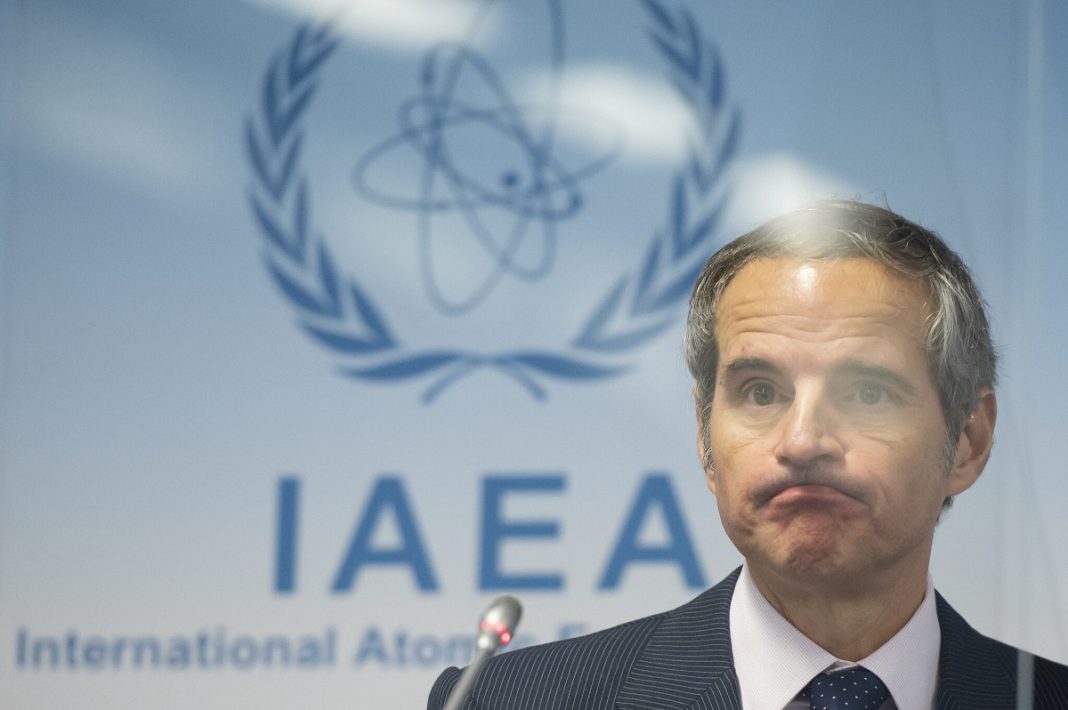Speaking to reporters on Wednesday in Tehran, Mohammad Eslami reacted to the recent remarks by IAEA Director-General Rafael Grossi, who, in an interview with CBS News, cast doubt on “the prospects of a swift return” to the Iran nuclear deal, officially named the Joint Comprehensive Plan of Action (JCPOA).
Eslami reminded Grossi that the IAEA is solely in charge of monitoring the technical aspect of the JCPOA’s implementation, and that the nuclear watchdog is not a party to the talks, which have been at a stalemate since late 2021.
“The IAEA is not in charge of the negotiations, and that responsibility lies on the P5+1 group,” including the US, which abandoned the deal in 2018, France, Britain, Russia China plus Germany, Eslami added.
Elsewhere, he said Iran continues cooperation with the agency based on the Safe Guards Agreement and the Non-Proliferation Treaty (NPT), and that there has been “no disruption” in interactions between the two sides.
Grossi had claimed in the interview that the level of interactions with Tehran could not currently be “assessed to be good.”
Iran and the IAEA have been locked in a dispute triggered by Israeli and US allegations against Tehran’s peaceful nuclear activities.
Grossi visited Tehran in March for high-level talks with Iranian officials, including with President Ebrahim Raisi, in an effort to resolve the differences.
In a joint statement after the visit, the two sides agreed that interactions will continue in a spirit of collaboration and in full conformity with obligations under IAEA’s Comprehensive Safeguards Agreement.
